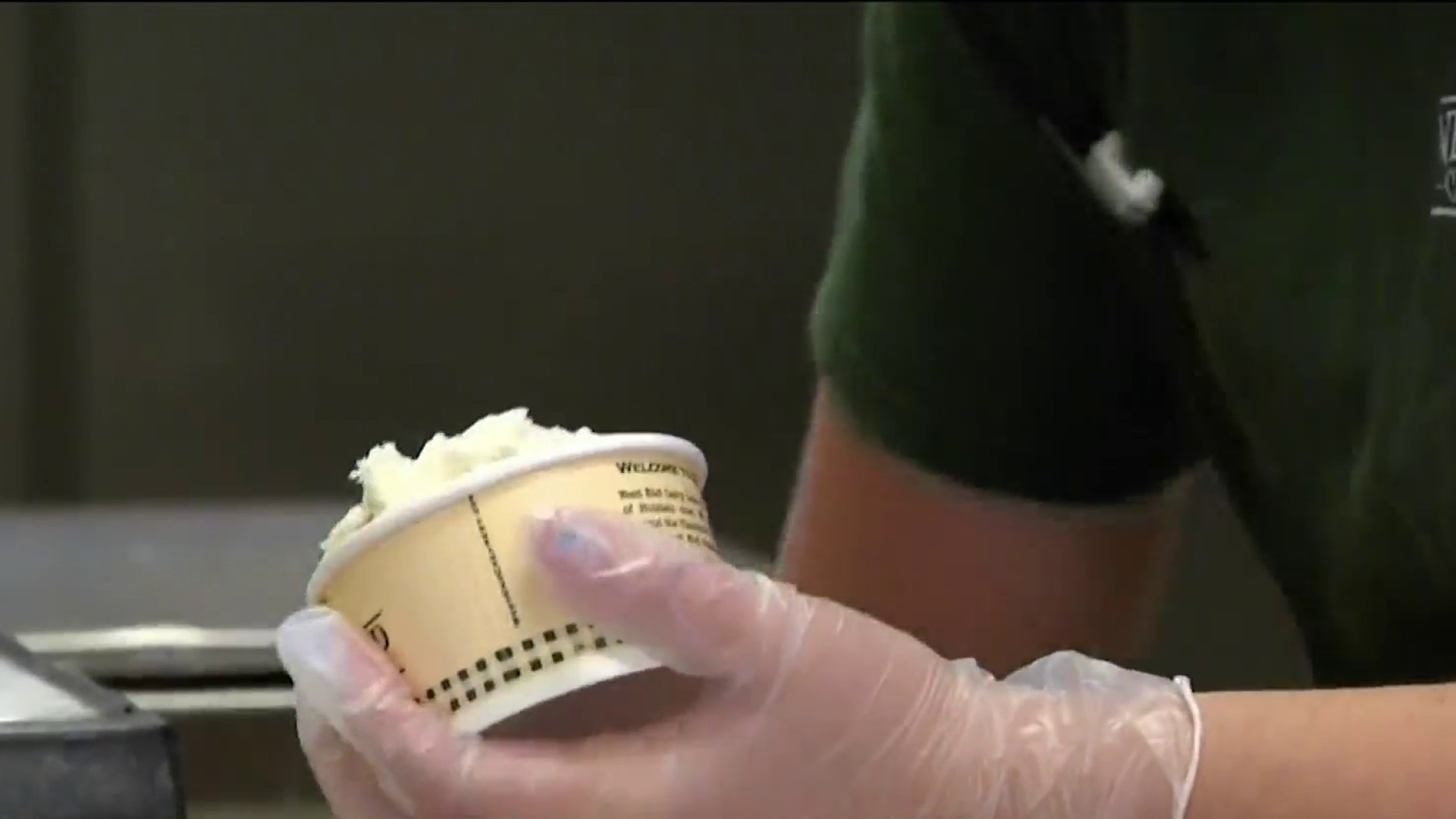The 15 weeks between Memorial Day and Labor Day are a cornerstone of the local economy for Cape Cod and, with Massachusetts still battling the COVID-19 pandemic as summer approaches, a new regional task force plans to develop guidance aimed at keeping residents and visitors safe while making the most of a "muted" season.
The Bourne Bridge usually carries a steady stream of visitors to and from Cape Cod each summer. Sen. Julian Cyr of Truro said Wednesday he expects a "muted" season due to COVID-19 impacts.
"Our aim is twofold — to save lives and livelihoods," Cyr said Thursday on a conference call with reporters.
The task force, led by the region's legislative delegation, the Cape Cod Chamber of Commerce and Barnstable County officials, plans to work with Gov. Charlie Baker's reopening advisory board and put together recommendations that reflect the challenges of a geographically isolated region and a summer tourism hot spot.
"We have such a short season, and I think all of us are aware that we are likely to have a muted season," Cyr said. "Given that we have such a short season, we have to work quickly."
Many local businesses make most of their income during the summer, leaving them "deeply concerned about reduced capacity and future viability," Cyr said.
Like elsewhere in the state, Cape businesses have been hammered by the shutdowns and restrictions put in place to curb the spread of the highly contagious respiratory disease.
Wendy Northcross, CEO of the Cape Cod Chamber of Commerce, said current business activity is "ranking anywhere from zero to 10% of what it was last year."
During the summer tourism season, Northcross said, $1.2 billion is typically spent directly on Cape Cod, and that money "cycles through our economy all year long."
The region's summer-driven economy means seasonal businesses that have not yet opened "may not have seen the financial loss yet, but you very much will," Cyr said.
More on coronavirus
"Your opportunity to earn a living doesn't really come around again for nine months," Cyr said of people working in the seasonal economy. "So that raises a whole host of considerations and needs."
The pandemic makes this the second year in a row of unwelcome disruptions for Cape Cod's summer season, after last year brought about a series of shark sightings that made beachgoers wary and new taxes on short-term rentals that increased costs for that form of lodging.
Sean O'Brien, director of the Barnstable County Department of Health and Environment, said there have been 997 COVID-19 cases in Barnstable County since the start of the pandemic, and officials believe about half of them have since recovered.
Some seasonal residents began arriving in the region in early March, Cyr said, and local officials managed that first wave "reasonably well" so that there was not an uptick in community spread of COVID-19. The warmer months, he said, will present a "much harder challenge."
All travelers arriving to Massachusetts from elsewhere have been instructed to quarantine themselves for 14 days, and existing guidance from Cape Cod, Nantucket and Martha's Vineyard health care providers and the region's legislative delegation asks that others "refrain from traveling to the Cape and Islands, even from within Massachusetts, if you are displaying symptoms."
The guidance, which is in effect through May 18, asks that anyone coming to the Cape and Islands bring with them all supplies to enable the two-week quarantine, including food, cleaning supplies and personal protective equipment, and to be aware that "many of the amenities you are used to enjoying in our communities are closed during this time."
A group called United Cape Patriots has been holding weekly Reopen Cape Cod standouts at the Bourne Bridge Rotary, calling for the state to reopen on a county-by-county basis as health metrics allow.
Baker on Monday pointed to Cape Cod, along with western Massachusetts, as regions where COVID-19 hospitalizations had dropped, but also spoke against the idea of a county-based reopening approach.
"South Coast, which is right down the street from Cape Cod, had a very bad week last week," he said. "I don't think it makes a lot of sense in a state that's as small as ours, where people can move around, to think about any of this stuff on anything other than a statewide basis. I don't want to take a place that seems to be making progress and create a problem for them."
As Baker has done, Cyr stressed that reopening will be gradual.
There's a sense that outdoor activities "will be more readily allowed than indoor activities," he said. At restaurants, where servers usually move from one table to another, wait service poses a challenge, as does customer access to restrooms.
"We're hopeful that the restaurants will be among the first to be able to safely open, and we're also hoping to get very creative with how we can give them -- if they have interior restrictions -- how we can give them some expanded capacity in other ways," Northcross said.
Northcross said her organization and its Berkshire County counterparts have been in talks with the state's reopening advisory board, asking for consideration of seasonal economies.
"Some businesses will need the full 15 weeks to make it through 52 weeks, so timing here is really critical," she said. "But we know that we have to do it through the lens of safety, because if we don't, our customers won't feel comfortable and as we all know, customers will decide if they're going to come to the region or not."



